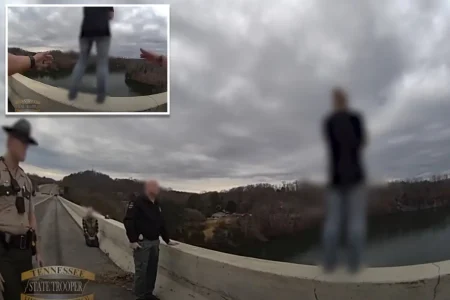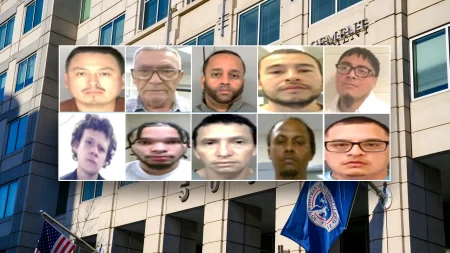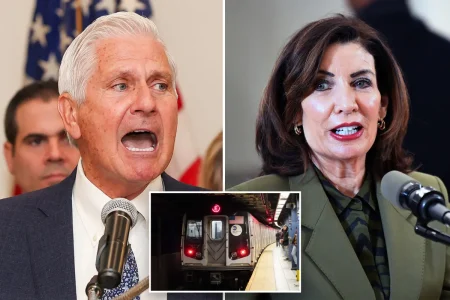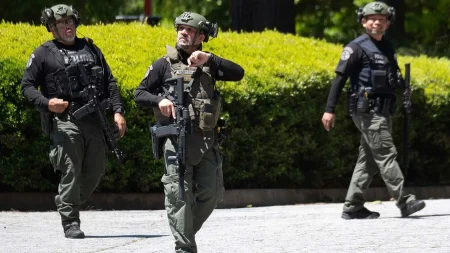The Era of Meme Politics: How Digital Culture is Reshaping Political Discourse
We have entered a transformative period in our political landscape, one where the traditional mechanisms of political communication and persuasion have been fundamentally altered by the rise of internet memes and viral content. This new era—what might accurately be called “brain-poisoning meme politics”—represents more than just a shift in how political messages are delivered; it signals a profound change in how citizens engage with, process, and internalize political information. The digestible, shareable nature of memes has democratized political discourse while simultaneously reducing complex issues to simplified, often emotionally charged images and phrases that bypass critical thinking. As these digital artifacts circulate at unprecedented speeds across social media platforms, they shape political identities and reinforce tribal affiliations in ways traditional political communication never could.
The psychological impact of meme politics cannot be overstated, as it operates on different cognitive pathways than conventional political messaging. Memes exploit our brain’s preference for quick, emotionally resonant content that triggers immediate reactions rather than thoughtful consideration. They tap into shared cultural references and humor to create a sense of in-group belonging while often demonizing opposing viewpoints. This creates an environment where political identity becomes increasingly tied to cultural signifiers rather than substantive policy positions. The rapid-fire nature of meme consumption means that individuals are constantly bombarded with political content designed not to inform but to elicit emotional reactions—anger, righteousness, humor, or outrage—creating a state of perpetual political agitation that neurologically resembles addiction, with users seeking the dopamine hit that comes from engaging with content that confirms existing beliefs.
The transformation of our information ecosystem by meme politics has profound implications for democratic discourse and governance. Political campaigns have recognized the power of memes to mobilize supporters and attack opponents, leading to the professionalization of what was once grassroots digital culture. Political operatives now craft memes with the same strategic consideration previously reserved for television advertisements or policy papers. Meanwhile, foreign actors and domestic extremists alike have weaponized memes to sow division and spread disinformation, exploiting the viral nature and emotional impact of these digital artifacts. The speed at which memes spread means that misleading information can reach millions before fact-checkers can respond, creating alternate realities where objective truth becomes increasingly difficult to establish and political narratives are shaped by whoever creates the most compelling or outrageous content.
Perhaps most concerning is how meme politics has contributed to the increasing polarization of society. By reducing complex political positions to simplistic, often antagonistic images, memes reinforce existing divisions and make bridge-building across ideological lines increasingly difficult. The social sharing of political memes serves as a public performance of one’s political identity, pressuring individuals to align themselves with increasingly extreme positions to maintain group acceptance. This dynamic creates echo chambers where exposure to contrary viewpoints becomes rare, and when those viewpoints do penetrate, they arrive as caricatures designed by opponents. The result is a political landscape where Americans increasingly view fellow citizens who hold different political views not simply as people with different opinions, but as existential threats to their way of life—a perception constantly reinforced by the steady stream of politically charged content flowing through their social media feeds.
Despite these concerning trends, the rise of meme politics also represents a democratization of political discourse that shouldn’t be dismissed entirely. Memes have given voice to groups previously marginalized in mainstream political conversation and allowed for the rapid dissemination of perspectives that challenge established power structures. Young people, in particular, have embraced memes as a way to engage with politics on their own terms, creating a new language of political expression that resonates with digital natives. Some political movements have effectively used memes to mobilize support for genuine political change, translating online engagement into real-world action. At their best, political memes can make complex issues more accessible and use humor to puncture pomposity and highlight hypocrisy in ways that traditional political commentary cannot, potentially engaging citizens who might otherwise remain disinterested in political discourse.
As we navigate this new landscape, the challenge before us is to develop both personal and institutional adaptations to meme politics without surrendering entirely to its most destructive aspects. Media literacy education must evolve to help citizens better understand how memes function rhetorically and emotionally, enabling more conscious consumption of political content. Platform designers and policymakers face difficult questions about how to preserve free expression while mitigating the harmful effects of viral misinformation and extreme polarization. Meanwhile, individual citizens must work to develop healthier information habits that include seeking out substantive political analysis alongside the quick hits of meme content. The age of brain-poisoning meme politics is unlikely to recede anytime soon, but by understanding its mechanisms and effects, we may yet find ways to harness its engaging aspects while building resilience against its most corrosive influences on our democracy and collective wellbeing.







